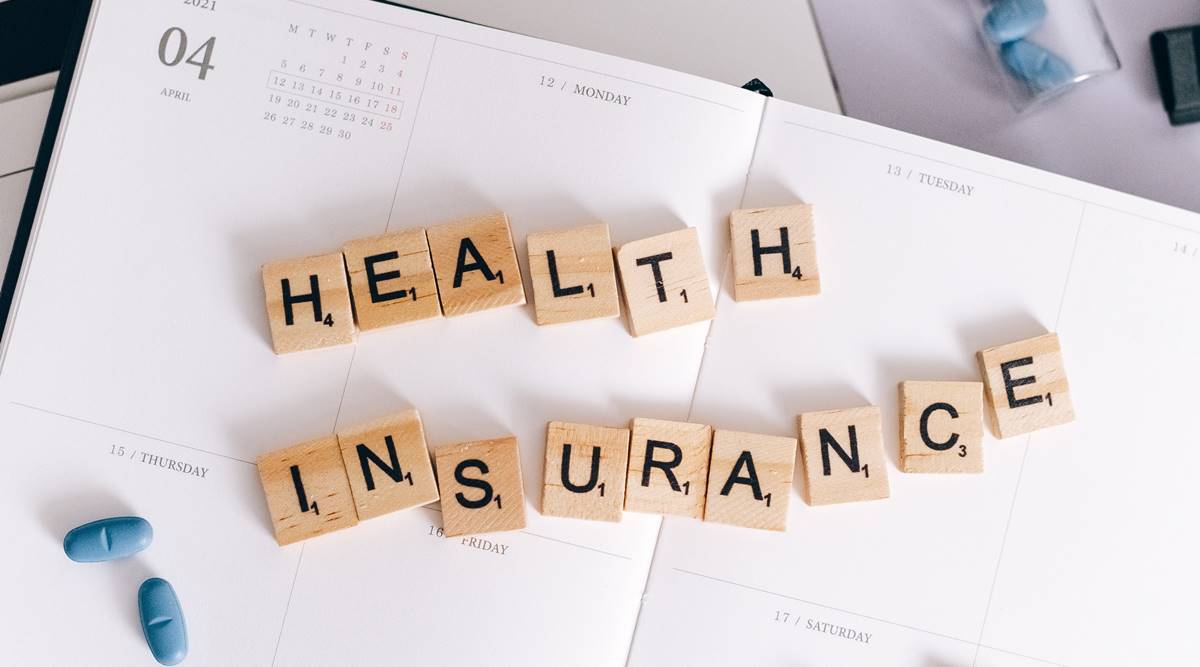How cooling-off period for Covid has drastically come down during the third wave – The Indian Express

After living with two years of pandemic-led uncertainty, the world is now gradually learning to find ways around it. While we are still figuring out the new variants and recurring outbreaks, the silver lining is that we now know the drill to stay protected. Beyond the day-to-day safety protocols, people have also woken up to safeguard their future in the long run with health insurance. The virus definitely weighed heavily on the finances of most Indian households and this has led to increased awareness regarding the importance of health insurance. The insurers, who saw around a 30 per cent increase in demand for health insurance during the first week of the Omicron wave, are also now getting accustomed to this as the new norm.
While we witness several Covid-led restrictions easing up around us, the same can be said about one’s health insurance policy as well. Cooling-off period, an important pre-requisite for health insurance, has also now come down to make the purchase easier for potential buyers. With apprehensions around the pandemic slowing down for now, insurers have taken the step to reduce the cooling-off period significantly. Here’s how this expands the scope of one’s coverage against Covid.
What is cooling-off period?
All major insurers apply a cooling-off period to the policies. This is applicable for people who are suffering from or have just recovered from an illness – like Covid-19 – and want to buy a health insurance policy for themselves. Cooling-off period is a duration fixed by the insurer wherein such buyers are not eligible to buy health insurance. This ensures minimising the chances of relapse in such a situation and also gives the insurer a chance to assess the policyholder’s health condition in an accurate manner. This period could be anywhere from days to months and differs from policy to policy.
From negligible to nil – Cooling-off period has come down significantly
The initial waves of infection sent the world into a prolonged state of panic and this translated into several restrictions everywhere. The insurance industry, which was also directly impacted by the outbreak, was no exception. So, earlier the cooling-off period would be anywhere from 15 days to 90 days or could even stretch to as long as 6 months for some policies. This was especially true during the second wave, where the number of claims and the severity of infection drastically shot up. Gradually, this period came down to 30 days.
Now, the insurers are applying a cooling-off period as low as 7-15 days of Covid detection. Not just this, some insurance companies are even offering a zero cooling-off period!
Why this is a monumental change for healthcare coverage amid the pandemic
This is a huge step forward in terms of ensuring health insurance coverage for all. A cooling-off period as low as 7 days essentially means that the person might still have Covid or residual symptoms but they can opt for health insurance. This not just aims to provide better protection to those who are infected but also makes it a lot more convenient for the potential buyers to purchase a policy. This ensures better chances at diagnosis, treatment and recovery for the policyholder while providing financial support and mental peace to their family.
While the third wave may be slowing down for now, the anticipation around the next variant is already gaining momentum. The bottom line is that we don’t know how long we will battle this pandemic or how severe the infection can get in the future. So, it’s an absolute necessity to safeguard yourself and your loved ones, and a low cooling-off period enhances your protection manifold.
The author is Head-Health & Travel Insurance at Policybazaar.com. Views expressed are that of the author.




